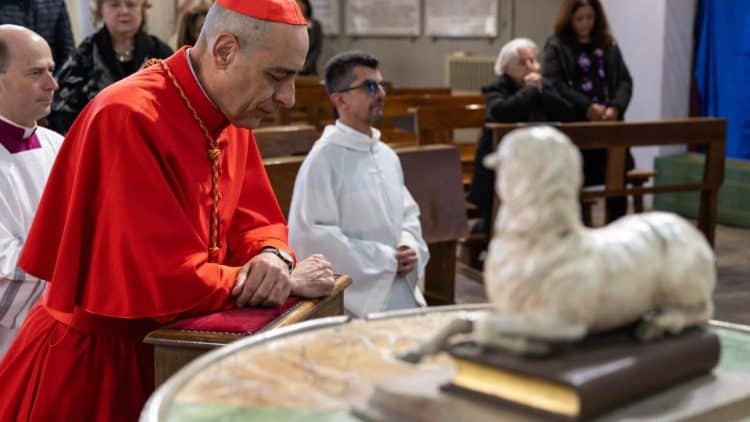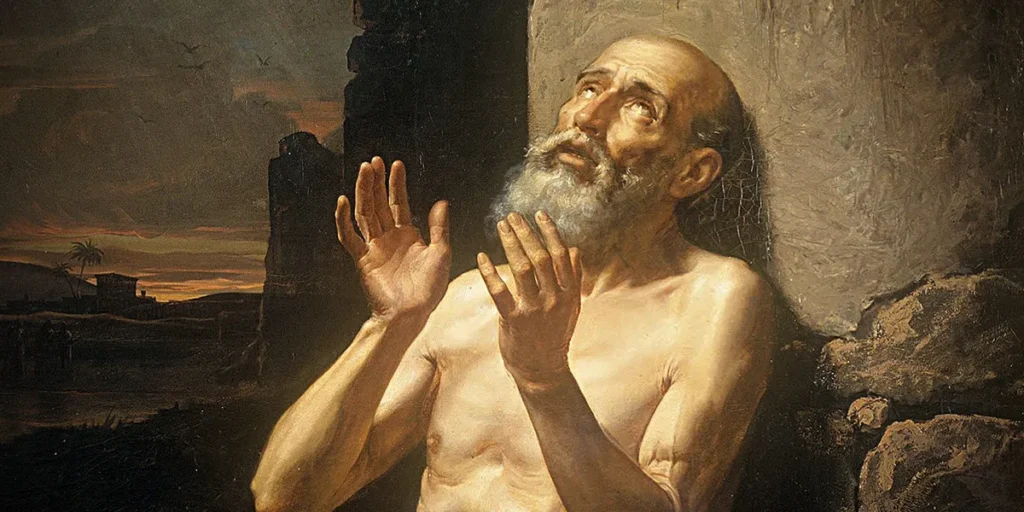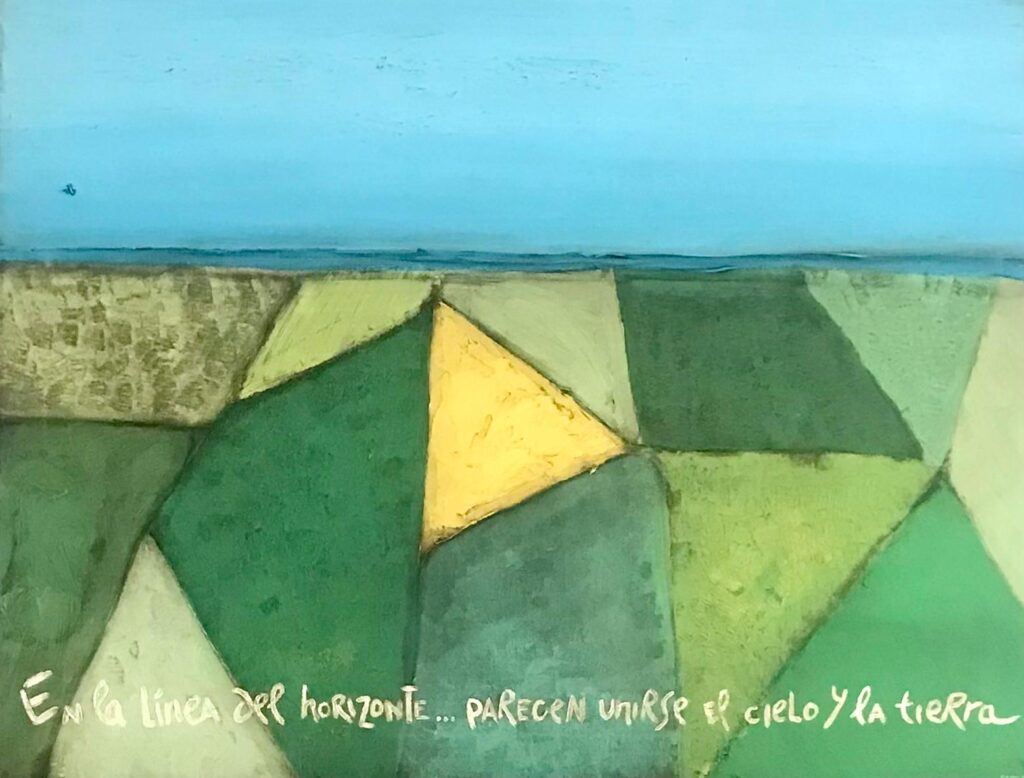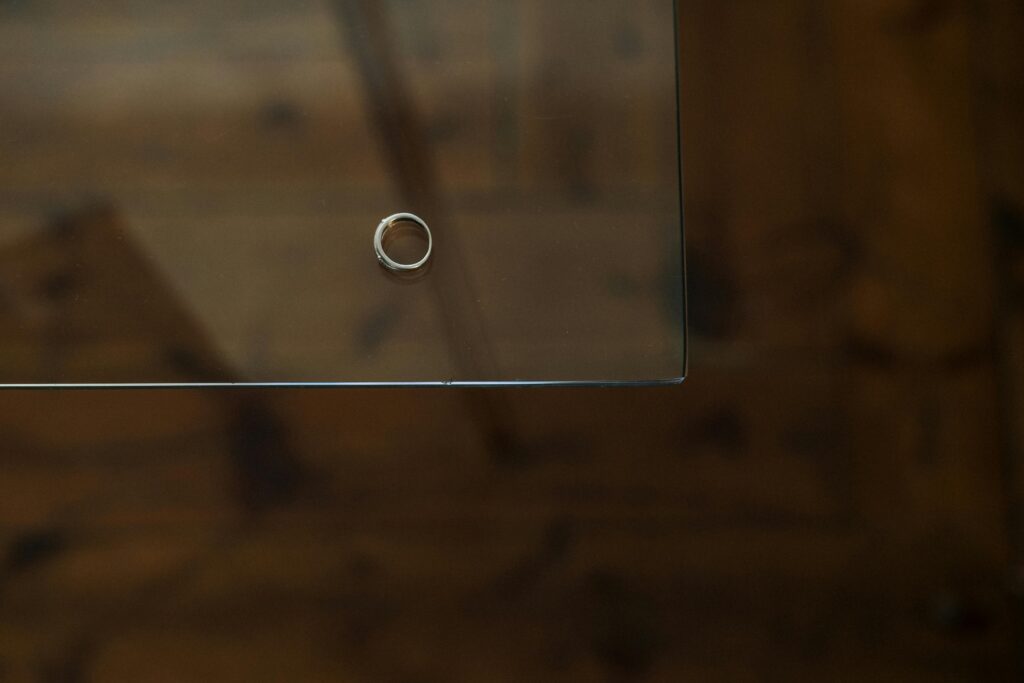Would you give this blessing?
Fiducia supplians: Will the Church extinguish this smoking fuse or, to the extent possible, keep it alive?

Statement regarding the debate over the congregation’s declaration of Doctrine on irregular couples by Rocco Buttiglione in his capacity as president of the Academy of Catholic Leaders.
***
The Declaration Fiducia Supplians of the Dicastery for the Doctrine of the Faith constitutes an authentic pastoral development firmly anchored in the Tradition of the Church and its moral theology. The Cardinal Prefect of the Dicastery, Víctor Manuel Fernández, wisely precedes the Declaration with a brief presentation in which he explains, among other things, what the Declaration is not: it is not a green light for gay marriage and it is not a change in doctrine of the Church that sexual relations outside of marriage are always serious matters of sin. Doesn’t anything change then? No, it changes a lot, it is almost a revolution. In the history of the Church, every authentic revolution, however, is also at the same time a return to the origin, to the missionary presence of Christ in human history.
The starting situation that the Declaration has in mind is that of an “irregular” couple asking for a blessing. To clear the field of any misunderstanding, let’s imagine that you don’t ask a priest, but rather his parents. Would you give this blessing? I would give it. I would not bless irregular sexual relations, but I would bless the care of one another, the support they give each other in life, the comfort in pain, and the company in the face of difficulties. Love is never bad, sex, however, sometimes is. In this couple’s life, the good and the bad are so closely intertwined that it is not possible to separate them with a clean break. If a daughter of mine were in a situation like this, I would bless her and, of course, I would pray to God to separate the good from the bad of that relationship in the journey of life, making it a stage on the path to the truth. God writes straight on crooked lines. I think any father would do the same and I don’t see how a priest, if he really has a father’s heart for the members of his community, could do anything different.
Of course, there is the danger of scandal. There is a danger that, among God’s faithful people, the poorest and weakest will be deceived and stop understanding what marriage is and why sex outside of marriage is bad. This is a real problem that should not be underestimated, and that is precisely why Cardinal Fernández felt the need to make preliminary observations about it. Of course: it would be easier to take on this problem if there were no commentators who, instead of offering clarification, sow confusion and mistrust. If all the sheep are safe in the fold, the shepherd simply defends the door of the sheepfold against the wolves. But if many are outside and lost, then he must go out to look for them, and this entails risks and dangers. The Declaration responds to a concrete pastoral urgency of our time.
Whoever asks for a blessing, in the case at hand, knows that he is doing something that the Church does not approve, even prohibits. However, he wants to affirm a bond, a belonging. A rebellious belonging, but a belonging nonetheless. Will the Church extinguish this smoking fuse or, to the extent possible, keep it alive?
When I was young (perhaps half a century ago) it was completely impossible to imagine this situation. Homosexuals did not ask for marriage, they did not want to get married.
They saw marriage and monogamy as forms of oppression by bourgeois society and demanded free sex and the separation of sex and love. Better: they thought that sex was real and love just an illusion. The rethinking of the homosexual movement may have started with AIDS (monogamy is the best defense against AIDS), but it went much further. Sex is not simply a pleasurable gymnastics: it has a natural tendency to deeply involve the person, it needs to be regulated, to take place in a normative context. For some years now, we have been witnessing a timid search for a re/regulation of sexual relationships, a rethinking of sex within a personal relationship, even a rediscovery of love. In this context, the question of homosexual marriage also arises, unacceptable in itself (as Cardinal Fernández clearly confirms), but indicative of a discomfort and a search, to which the Church must give an adequate response.
At the synod, the concern of the different national churches to confront these phenomena emerged. There was a tense confrontation in which each one freely explained his reasons and his efforts, beyond ideological oppositions, to listen to the Spirit and discern what comes from Him and what, on the other hand, comes from the Evil One. This statement offers a first response, both consistent with tradition and open to the new.
Rocco Buttiglione in his capacity as president of the Academy of Catholic Leaders
 (EN)
(EN)
 (ES)
(ES)
 (IT)
(IT)





